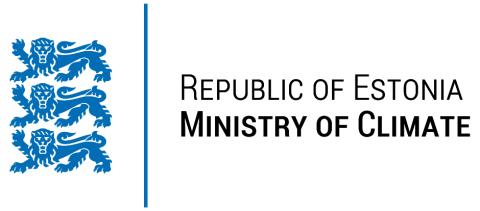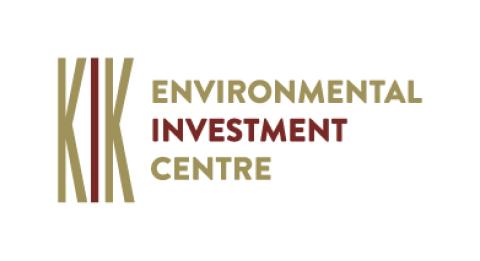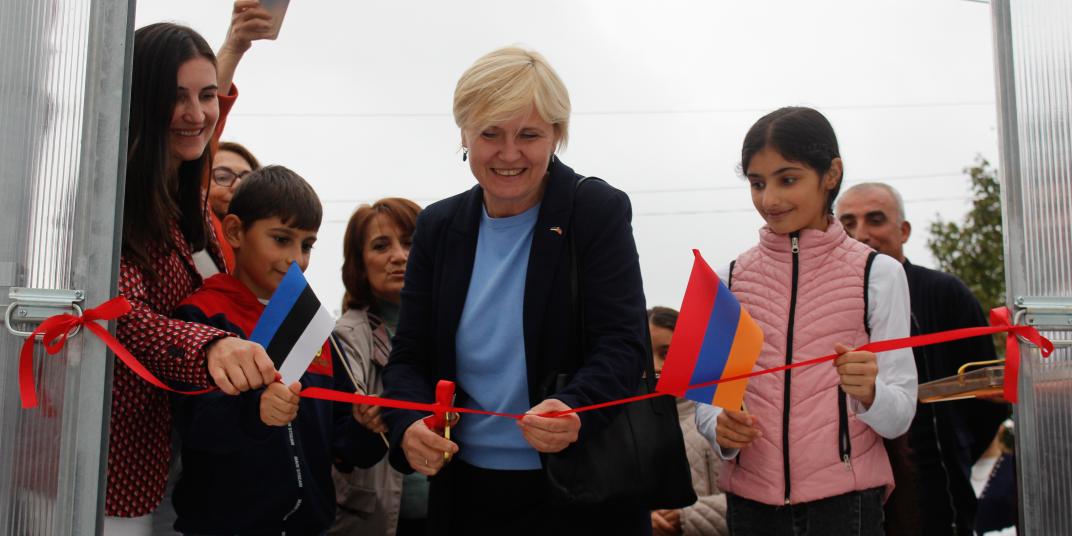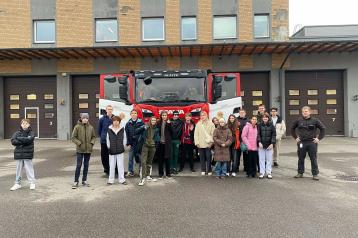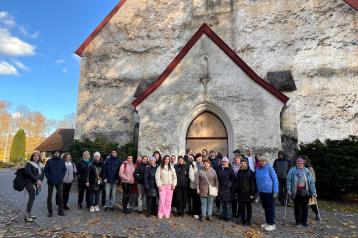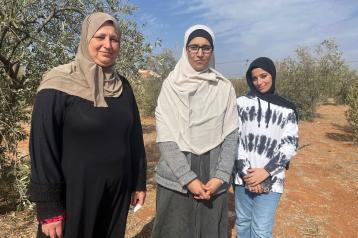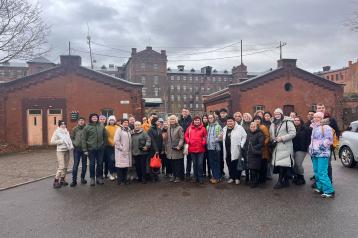Countries
At the end of September, the Estonian Refugee Council officially opened hydroponic greenhouses built at three schools in Armenia’s Tavush region, helping alleviate water scarcity, address climate and social challenges, and provide environmental education for children. The programme gives more than 400 pupils the opportunity to learn and experience how to grow plants without soil, while gaining practical knowledge of hydroponics and composting.
In the greenhouses, located in the communities of Achajour, Sevkar, and Koghb, plants are grown without soil, using nutrient-rich water solutions. At the opening ceremony, the Ambassador Extraordinary and Plenipotentiary of the Republic of Estonia to Georgia and Armenia, Marge Mardisalu-Kahar, highlighted the importance of continued cooperation between the two nations.
In recent years, Armenia has accommodated a large number of displaced people, with over 148,000 refugees living in the country in 2024. Most of them arrived following the renewed conflict in Nagorno-Karabakh at the end of 2023, many without even the chance to take their most essential belongings. At the same time, Armenia faces environmental challenges such as water scarcity, deforestation, and declining soil fertility, which are further exacerbated by climate change. These factors directly affect agriculture and the livelihoods of rural communities, placing both local communities and displaced people in a difficult situation.
To help alleviate the situation, the Estonian Refugee Council supports local schools in adopting water- and energy-efficient agricultural solutions developed in Estonia, which help address both social and climate-related challenges. By establishing greenhouses, we create new job opportunities, support environmental education for pupils, and encourage them to engage with agricultural and environmental issues, teaching them hydroponics and composting.
The project is implemented in partnership with the Estonian University of Life Sciences, drawing on Estonia’s expertise in hydroponics, composting, and energy-efficient farming methods.
Funded by the Estonian Ministry of Climate through international climate cooperation funds.
